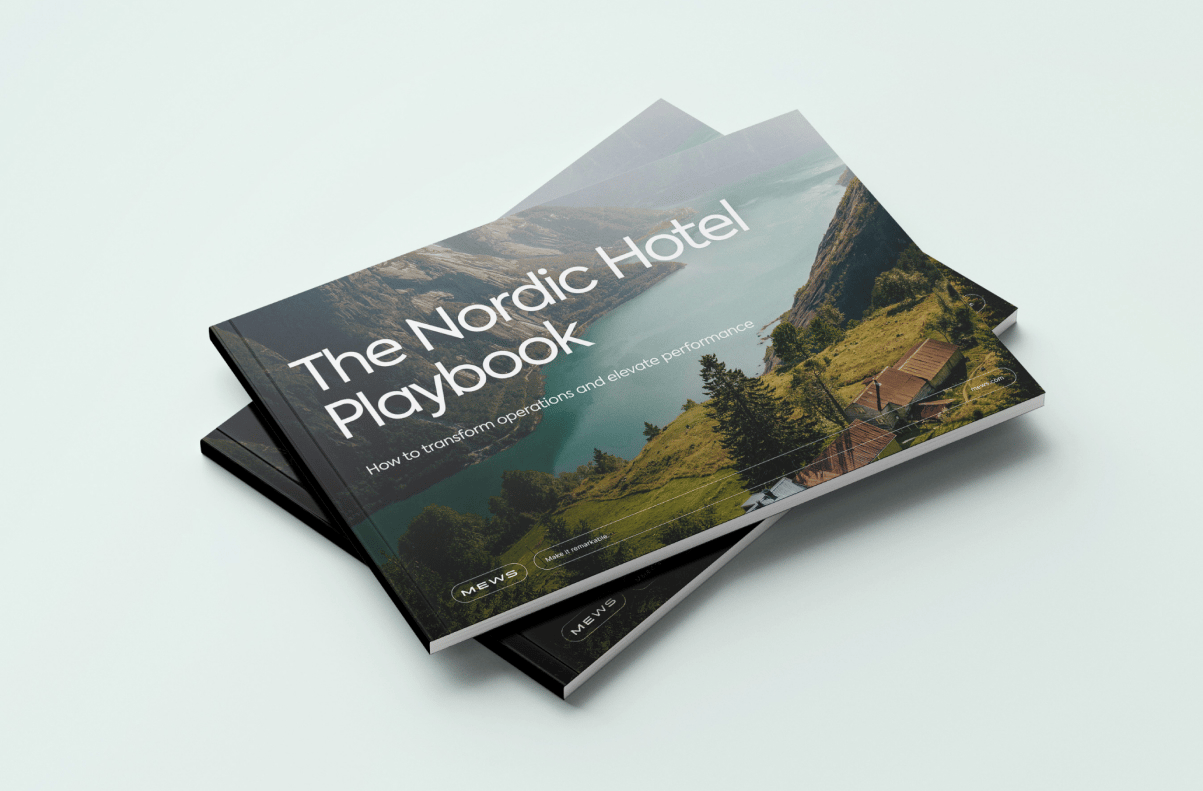Whether you're a small independent hotel or a chain, you've probably faced a dilemma over accepting late bookings. Although hoteliers are not bound to accept them, late bookings can maximize occupancy rates and close profitability gaps by ensuring no perishable inventory is lost. Of course, you must be agile and responsive enough to deliver a consistent guest experience regardless of when bookings happen.
Let's look at late bookings in the hospitality industry, especially their benefits, and how to manage them to ensure a smooth experience for your team and guests.
Table of contents
What are late bookings in the hospitality industry?
Late bookings refer to reservations made a few days or even hours before check-in. These bookings usually occur due to spontaneous travel plans, unexpected delays, or last-minute changes in itineraries and plans. While they can put added stress on your operational staff, the benefits of late bookings outweigh the challenges in the long run. When managed the right way, they have no negative impact on operations.

9 benefits of late bookings in hotels
Late bookings bring several benefits for hotels, such as maximizing revenue, optimizing occupancy, and a spike in upselling opportunities. Let’s explore them all.
Upselling opportunities
When guests make a last-minute decision, chances are they don't have tours, restaurants and spa treatments booked elsewhere. In this scenario, it's much easier to affect buying decisions. Train your front desk to upsell – they can use upselling automation software or simply suggest a specific service.
It's a simple yet effective way to boost guest experience. They'll feel like their needs are being met, while you'll increase ancillary revenue by selling added services or amenities.
Occupancy rate boost
Getting a last-minute booking can be stressful. But in the long run, it helps your hotel reach higher occupancy rates, leading to maximized revenue and profitability. Having more guests creates a more vibrant atmosphere, making your hotel feel like the “place to be” and enhancing the overall guest experience.
Revenue increase
Late bookings can improve your financial performance, bringing in extra revenue from rooms that otherwise might not have been sold. Are you looking to improve your bottom line? Offer last-minute booking discounts to incentivize these types of bookings and enjoy the extra revenue.
Dynamic pricing strategies
Late bookings are a perfect chance to implement dynamic pricing strategies that reflect real-time demand and availability. This approach lets you further optimize revenue from last-minute guests and optimize profitability.
Increased guest satisfaction
When you successfully accommodate late bookings, guests are more likely to leave a positive review of your hotel and compliment your responsiveness and flexibility. It can also lead to repeat business and word-of-mouth referrals, all thanks to an unexpected positive experience.
Adapting to the market
The ability to book via smartphones made more people book spontaneous trips on the go, so late bookings will likely only keep growing. Many younger guests prefer spontaneity over planning. If your hotel can meet this demand, you can secure your position in this new era of hospitality.
Diversifying target audience
Last-minute bookings tend to attract a diverse guest base that perhaps wouldn't have stayed at your hotel. They can bring in a business traveler, a budget traveler, or a couple looking for a last-minute getaway. Sometimes, you don't have strategies for reaching these audiences – late bookings let you attract new clients organically.

Less cancellations
Cancellation and no-shows are issues many hotels face. In the case of late bookings, however, cancellations are highly unlikely. They can help you get a better grasp of occupancy rates, so why not develop new strategies to boost them, such as offering an irresistible deal?
Operational efficiency
It may seem counter-intuitive, but late bookings lead to operational efficiency. They allow hotels to manage inventory more efficiently by reducing the risk of overbooking and minimizing losses from unsold inventory.
How to manage late bookings?
Managing late bookings is crucial, so let's see how to make the process as seamless as possible.
Streamlined check-in process
For smoother last-minute bookings, streamline the check-in process with self-service kiosks or digital registration. When possible, make sure guests can check in via phone. This is extremely important for guests on the go, as late bookings often occur due to delayed or canceled flights. The last thing they want to do is wait in a long queue.
Clear operational processes
Make sure your front desk is prepared to handle last-minute bookings. Have a housekeeping staff on call should you need them to clean a room that wasn't supposed to be booked. Try to collaboratively design the workflow across departments – when your staff is involved in the process, it's easier to remember what to do and how. Staff meetings and training are the perfect forum for implementing this approach.
Excellent customer service
Prioritizing customer service is even more important with late-booking guests. Usually, they'll have many inquiries that require prompt reactions. Anticipating guest needs and expectations will create a lasting first impression, so train your staff to communicate effectively.
Conclusion
When approached with a new mindset, late bookings can help your hotel optimize revenue and maximize occupancy. They can even enhance guest satisfaction due to a positive first experience that can quickly lead to loyalty. Hotels must adapt to the market and effectively manage these opportunities while also being aware of and mitigating the risks of operational challenges.

Author
Eva Lacalle
Eva has over a decade of international experience in marketing, communication, events and digital marketing. When she's not at work, she's probably surfing, dancing, or exploring the world.
Hospitality hot takes straight to your inbox
Sign up to our monthly newsletter for industry insights, product news, partner updates and more.

The Nordic Hotel Playbook
Download now


.webp)